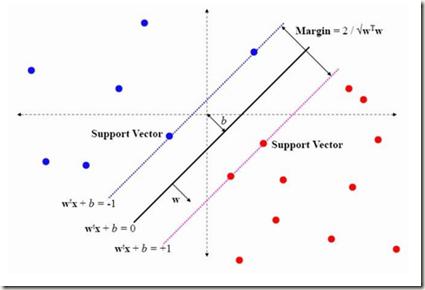Machine learning algorithms are increasingly being applied in security-related tasks such as spam and malware detection, although their security properties against deliberate attacks have not yet been widely understood. Intelligent and adaptive attackers may indeed exploit specific vulnerabilities exposed by machine learning techniques to violate system security. Being robust to adversarial data manipulation is thus an important, additional requirement for machine learning algorithms to successfully operate in adversarial settings. In this work, we evaluate the security of Support Vector Machines (SVMs) to well-crafted, adversarial label noise attacks. In particular, we consider an attacker that aims to maximize the SVM's classification error by flipping a number of labels in the training data. We formalize a corresponding optimal attack strategy, and solve it by means of heuristic approaches to keep the computational complexity tractable. We report an extensive experimental analysis on the effectiveness of the considered attacks against linear and non-linear SVMs, both on synthetic and real-world datasets. We finally argue that our approach can also provide useful insights for developing more secure SVM learning algorithms, and also novel techniques in a number of related research areas, such as semi-supervised and active learning.
翻译:智能和适应性攻击者确实可能利用机器学习技巧暴露的特定弱点来破坏系统安全。因此,对对抗性数据操纵的强大性是机器学习算法在对抗性环境下成功运作的一个重要和额外要求。在这项工作中,我们评估支持矢量机(SVMs)的安全性,使之进入设计完善的、对抗性标签噪音攻击。特别是,我们考虑攻击者的目的是通过在培训数据中翻转一些标签,使SVM的分类错误最大化。我们正式制定相应的最佳攻击战略,并通过超常方法解决这个问题,使计算复杂度保持可移动性。我们报告对考虑的线性和非线性SVMs攻击的有效性的广泛实验性分析,这些攻击在合成和真实世界的数据集中都是如此。我们最后认为,我们的方法还可以提供有用的洞察力,以发展更安全的SVM学习算法,以及一些相关研究领域的新技术,例如半超超能学习。



